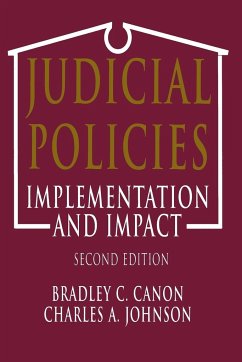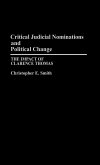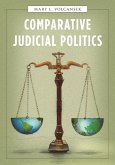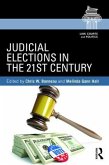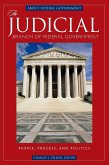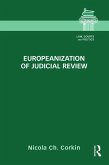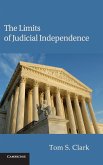Widely praised in its first edition fourteen years ago and now thoroughly updated in a new edition, Judicial Policies assesses the implementation, impact, and consequences of judicial rulings. It systematically explores the effects of judicial decisions on the people who carry them out, and the individuals and organizations who feel their impact. This second edition discusses and responds to the significant research that has been published since the first edition appeared.Arguing that judicial policies in the United States are substantially influenced by how the courts and other political actors respond, authors Canon and Johnson employ a heuristic model of different populations and their responses to judicial decisions as a means of: explaining the implementation of judicial policies as a political process, examining the events that usually follow judicial decisions, and organizing the literature in the field. The concluding chapter addresses the important question of whether the judiciary actually makes a difference in the American political system. Canon and Johnson delineate examples where the courts have clearly had an impact and those where they have had little influence.
Hinweis: Dieser Artikel kann nur an eine deutsche Lieferadresse ausgeliefert werden.
Hinweis: Dieser Artikel kann nur an eine deutsche Lieferadresse ausgeliefert werden.

